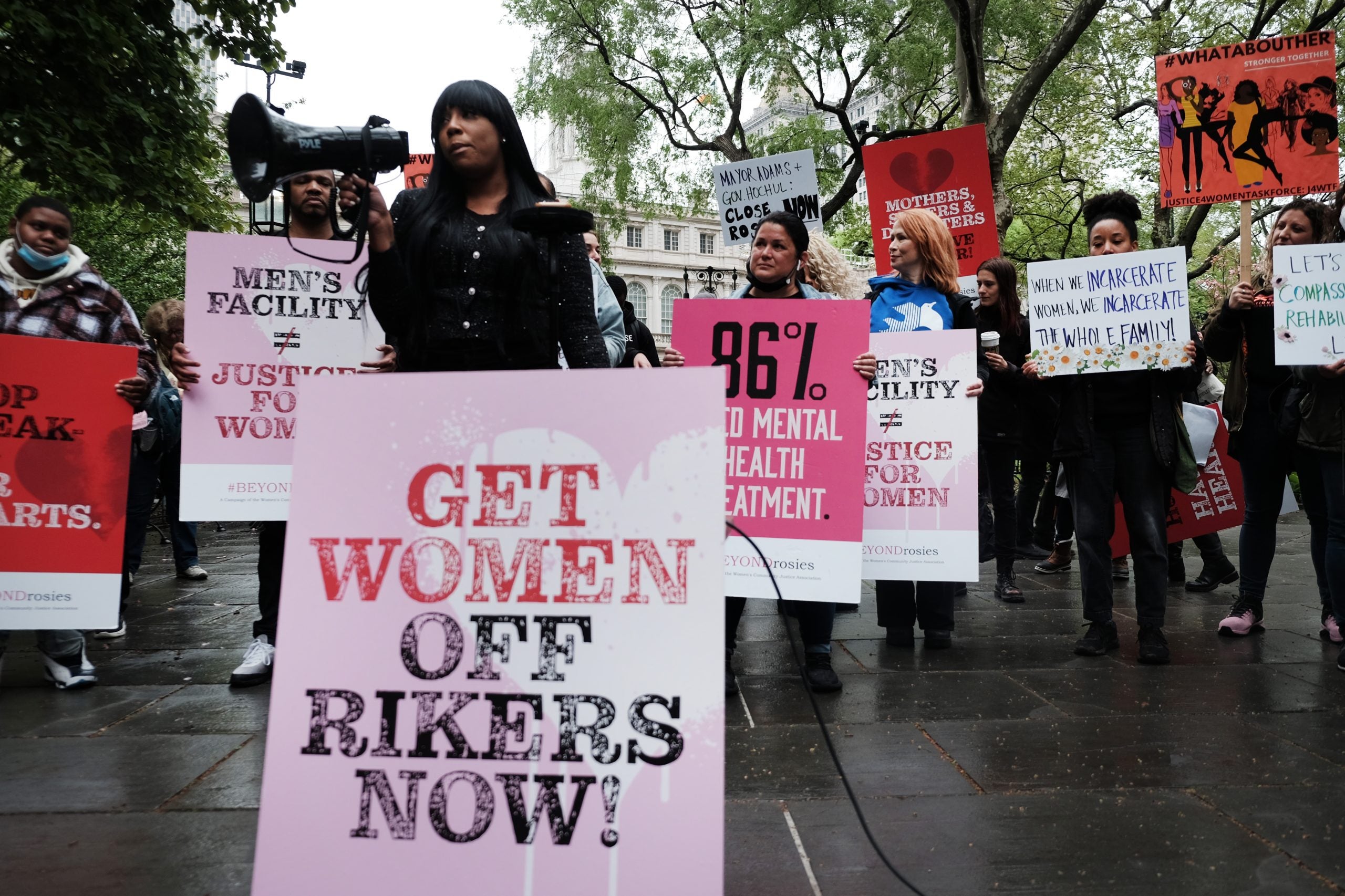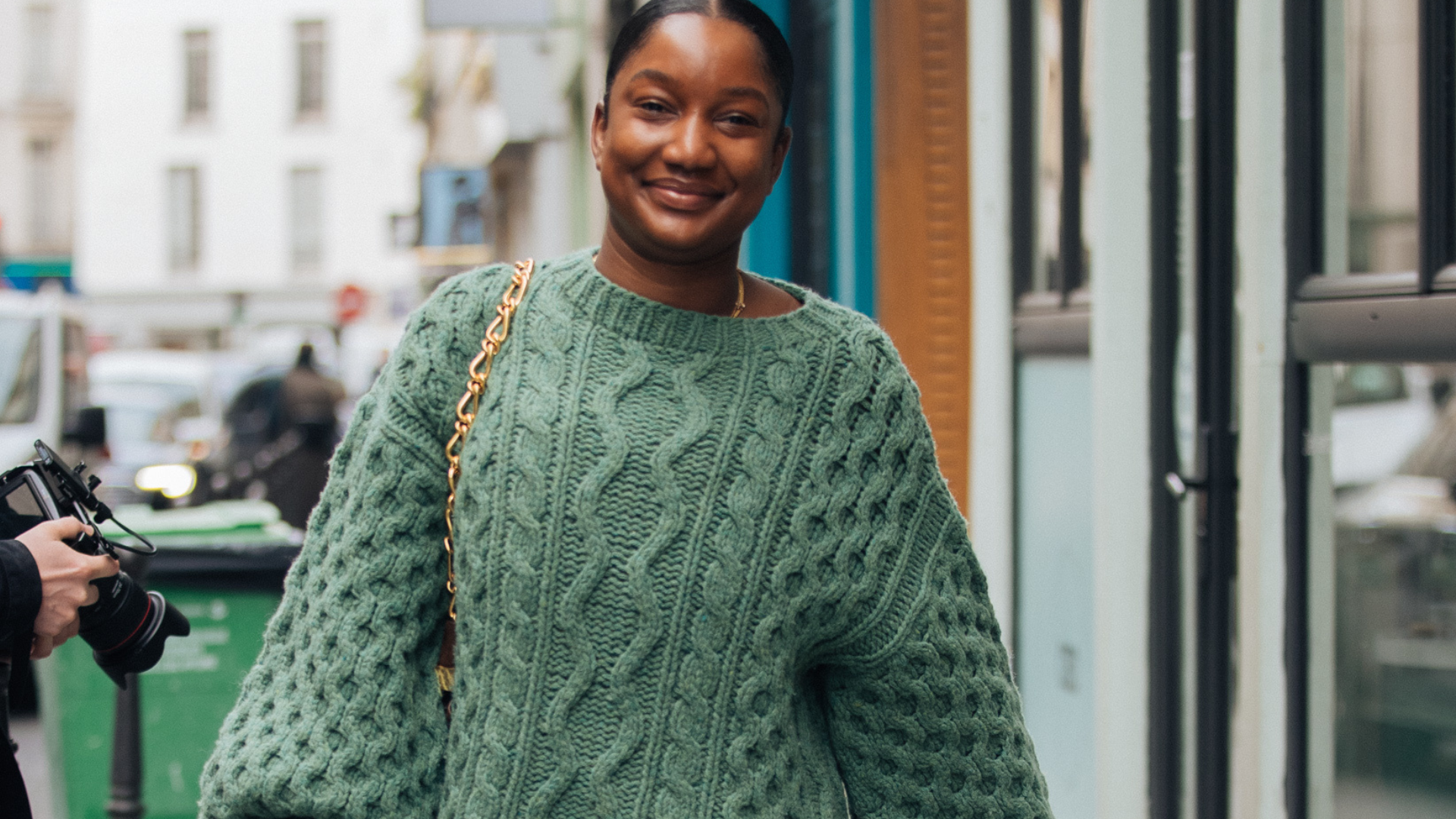
The plan to close New York’s infamous Rikers Island prison encampment has been slow to complete. A new proposition poses another threat to incarcerated women and their respective communities.
According to Gothamist, a debate has begun about moving the 300 women held as inmates at the “Rosie,” or Rose M. Singer Center on Rikers Island, to one site in Queens when the prison closes by 2027. In the write-up, the men there would be divided into facilities in four of the five boroughs, including one that would share a building with the women in Queens.
Elected officials and activists continue to argue that any traditional model of imprisonment is “inhumane” and “damaging to communities. Some believe the women should be moved to the Women’s Center for Justice, a minimum-security facility located on the northern edge of Central Park in Harlem. It was closed in 2019 as the state’s prison population dropped. In July, Black liberation scholar Angela Davis followed up such critiques with an open letter opposing the plan because she and a more radical group of activists favor ending incarceration altogether.
The city would operate the Women’s Center for Justice in Harlem in partnership with nonprofit groups. It would place many incarcerated women closer to their families and would better address the needs of women and nonbinary or “gender-expansive” populations.
Rev. Sharon White-Harrigan, the executive director of the Women’s Community Justice Association, which also backs the Harlem center said, “Yes, it would be a secure facility, but it would be one without bars, without barbed wire, without being locked in a cell, and without [the Department of] Corrections operating the building.”
Support also stems from a group of state legislators such as State Sens. Julia Salazar and Cordell Cleare, as well as Assemblymembers David Weprin and Michaelle Solages. Justice reform groups like the Columbia University Justice Lab and the Prison and Jail Innovation Lab at the University of Texas at Austin are also proponents in favor of women inmates being moved to the Harlem Center.
According to the former commissioner of the New York City Department of Correction, Vincent Schiraldi, the number of women entering the city’s jails dropped 92.3% between 1998 and 2021. The prison population, which stands at around 300 now, is considerably smaller than those of other big U.S. cities, including Los Angeles and Houston, which each have populations over 1,000.
“Most of those who would be sent to this ‘Women’s Center for Justice’ are Black and Latinx survivors of gendered violence and systemic racism,” the letter by Angela Davis and her comrades reads.







“We know this plan, like other efforts to repackage incarceration as humane and progressive, does not chart us away from the prison-industrial complex.”
The letter called instead for “universal pretrial release, investing in non-carceral, non-custodial community-based resources,” and “a present and future without confinement.





